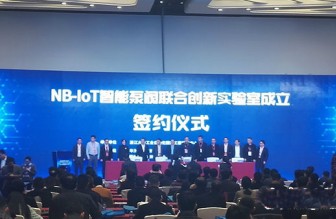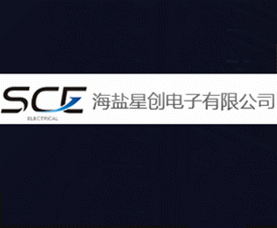訊 據(jù)8月26日City AM報(bào)道,由于新冠肺炎疫情導(dǎo)致需求大幅下降,沙特阿拉伯和俄羅斯的石油價(jià)格爭(zhēng)端以及隨后為穩(wěn)定暴跌的油價(jià)而進(jìn)行減產(chǎn)協(xié)議,為油氣行業(yè)的并購(gòu)創(chuàng)造了前所未有的環(huán)境。
最近的虛擬圓桌討論會(huì)就當(dāng)前市場(chǎng)壓力和并購(gòu)交易展開(kāi)討論。SS&C Intralinks公司的高級(jí)市場(chǎng)情報(bào)分析師Elizabeth Lim表示:“雖然短期內(nèi)會(huì)有一些痛苦,但為了克服我們目前的處境,需要進(jìn)行系統(tǒng)性和長(zhǎng)期的變革。”并強(qiáng)調(diào)了近年來(lái)石油和天然氣市場(chǎng)經(jīng)常動(dòng)蕩的嚴(yán)峻形勢(shì)。
Lim補(bǔ)充道:“短期內(nèi),我們已經(jīng)看到并將繼續(xù)看到上游板塊出現(xiàn)大量的困境和生存危機(jī),但我們也將看到中游板塊和其他領(lǐng)域的機(jī)會(huì)。幸存下來(lái)的大公司可以看到資產(chǎn)收購(gòu)的豐厚利潤(rùn)。從長(zhǎng)遠(yuǎn)來(lái)看,很明顯,為了生存,這個(gè)行業(yè)需要改變和適應(yīng)。如果疫情沒(méi)有發(fā)生,另一場(chǎng)危機(jī)就會(huì)發(fā)生。我們已經(jīng)看到,氣候變化和可再生能源的崛起將會(huì)持續(xù)下去。這不僅開(kāi)始影響全球范圍內(nèi)的公司政策和戰(zhàn)略舉措,也開(kāi)始影響那些受影響地區(qū)的政府決策。”
Jamie Garrett表示,油氣行業(yè)下游板塊已經(jīng)顯現(xiàn)出很大的彈性,公用事業(yè)將電力提供給終端用戶(hù)的綜合模式在這一動(dòng)蕩時(shí)期相當(dāng)穩(wěn)定和成功。
Garrett稱(chēng):"你將看到市場(chǎng)持續(xù)的聚合和整合,但我認(rèn)為市場(chǎng)范圍也將擴(kuò)大。當(dāng)我們談到傳統(tǒng)石油企業(yè)時(shí),我們會(huì)想到殼牌這樣的企業(yè)。他們非常積極地進(jìn)入零售市場(chǎng)和新技術(shù)領(lǐng)域。在這些領(lǐng)域,他們有凈零目標(biāo)和ESG目標(biāo),所以我認(rèn)為會(huì)開(kāi)始看到更多的活動(dòng),而且規(guī)模可能會(huì)小得多。”
Together, they shared their perspectives and provided historical context for this combustible combination of current market pressures and events.
“While there will be some short-term pain, systemic and long-term change is needed in order to overcome where we are today,” said panelist Elizabeth Lim, senior market intelligence analyst at SS&C Intralinks, who kicked off our roundtable discussion highlighting the often-tumultuous Oil and Gas landscape in recent history.
“In the short-term, we have seen and will continue to see a significant amount of distress and existential crisis for upstream, but we’ll also see opportunities in midstream and other areas,” said Lim. “Larger firms that survive could see a bonanza in asset acquisitions on the horizon.”
Lim added that, in the long-term, “it’s very clear that the industry has a need for changing and adapting in order to survive. If COVID-19 didn’t happen, another crisis would have.
“We’ve already seen that things like climate change and the rise of renewables are here to stay. This is really starting to affect not only corporate policy strategic initiatives around the globe but also governments in those affected regions.”
Jamie Garrett said that the industry has seen a lot of resilience on the downstream side. She observed that the integrated model of utilities delivering power generation to end-users has been quite stable and successful during this time of upheaval.
“You are going to see continuing aggregation plays and consolidation in the market, but I think we are also going to see scope extension,” said Garrett. “When we talk about traditional oil players, somebody like a Shell comes to mind. They’ve been very, very active entering the retail markets and entering new technologies where they have the net-zero targets and their ESG target, so I think you’re going to start seeing more activity there, and it’s probably going to be on a much, much smaller scale.”
Garrett added that companies will be “diving into the lower end of the mid-cap size transactions, but there are going to be opportunities for those companies who still have cash on their balance sheets to make moves during and post this crisis.”













